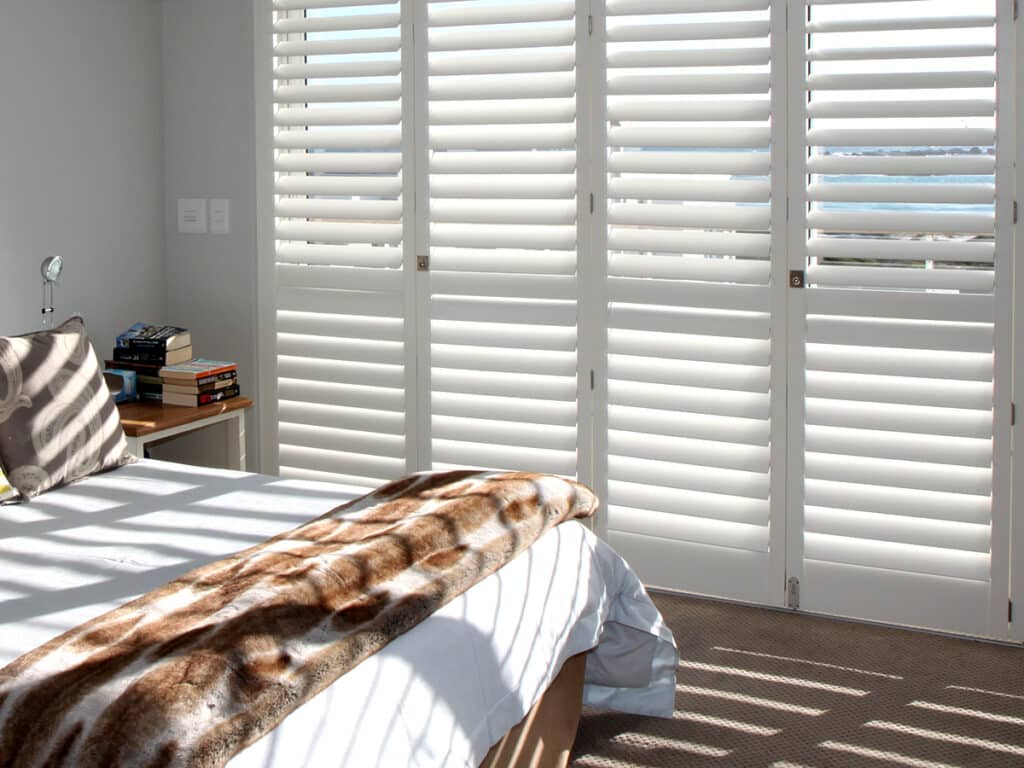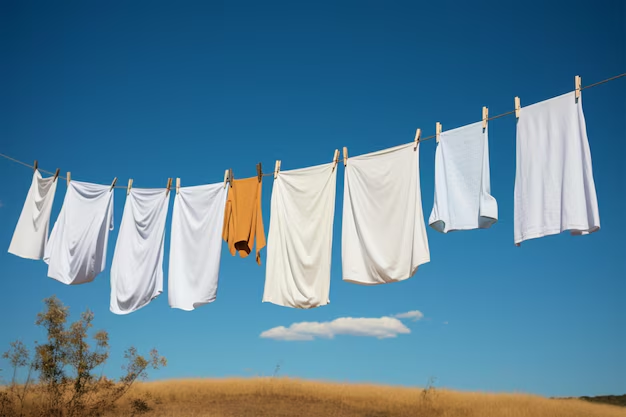As the summer heat intensifies, finding ways to save energy and cut costs becomes crucial for homeowners. From storing excess heating oil efficiently to optimising window treatments, there are several strategies that can help.
Simple changes like using energy-efficient lighting, drying clothes naturally, and turning off technology when not in use can make a significant difference. These tips not only contribute to a more sustainable lifestyle but also help to reduce summer utility bills.
Window Treatments to Keep Heat Out
Effective window treatments play a crucial role in keeping homes cool during the summer. By selecting the right blinds, curtains, or shades, homeowners can significantly reduce indoor temperatures and minimise the need for air conditioning. Reflective or blackout curtains are excellent options for blocking out sunlight and insulating windows against heat.
Keeping vents open and unobstructed ensures proper air circulation, which helps in maintaining a comfortable indoor environment. Using light-coloured window treatments can reflect more sunlight, further aiding in temperature control.
It’s also beneficial to open windows during cooler parts of the day to allow fresh air to circulate, then close them during peak heat hours. These simple adjustments can lead to noticeable energy savings and create a more pleasant living space, even during the hottest summer days.
Energy-Efficient Lighting
Switching to energy-efficient lighting is a simple yet effective way to reduce energy consumption and lower utility bills during the summer. Traditional incandescent bulbs generate a lot of heat, adding to the overall temperature of your home. Replacing them with LED or CFL bulbs, which use significantly less energy and emit less heat, can make a noticeable difference.
Getting into the habit of turning off lights when they are not needed helps to save electricity. Consider installing motion sensor lights or timers to ensure that lights are only used when necessary. Natural lighting should be maximised during the day by opening curtains and blinds, reducing the reliance on artificial lighting.
Store Excess Heating Oil Efficiently
For homeowners that rely on heating oil for their home, understanding how to store fuel correctly during the summer months can lead to substantial savings and ensure a ready supply for the colder seasons. Homeowners often face the challenge of excess heating oil when the heating demand drops.
It is important to select the most efficient storage solution for your property. You should start by comparing above-ground or underground storage tanks. Above-ground or underground tanks can prevent wastage and preserve the quality of the oil. Above-ground tanks are easier to install and maintain, while underground tanks offer better insulation and space-saving benefits.
Ensuring that tanks are well-maintained and protected from extreme temperatures and contaminants is essential. Regularly inspecting and cleaning the tanks can prevent leaks and degradation, helping homeowners to properly store heating oil while it is out of regular use.
Drying Clothes Naturally
Using a tumble dryer during the summer can significantly increase energy consumption and indoor heat levels. The heat generated by the dryer can raise the temperature inside your home, potentially leading to the increased use of HVAC systems such as fans or air conditioning to maintain a comfortable environment. Instead, take advantage of the warm weather by hanging clothes outside to dry. Line drying is not only energy-efficient but also gentler on fabrics, extending the life of your clothing.
If outdoor space is limited, consider using an indoor drying rack placed near an open window or in a well-ventilated area. The natural airflow will help clothes dry quickly without the need for energy-intensive appliances. Drying clothes outside gives them a fresh, natural scent and can reduce the risk of indoor humidity issues often caused by tumble dryers.
Turning Off Technology When Not in Use
Many electronic devices continue to consume power even when they are in standby mode. This “phantom” energy usage can add up, leading to higher electricity bills and unnecessary energy waste. To combat this, make it a habit to fully turn off technology when it’s not in use. This includes televisions, computers, gaming consoles, and other household electronics.
Unplugging chargers and devices when they aren’t in use can also prevent this idle energy consumption. When leaving the house, ensure all non-essential tech is switched off to maximise savings. Investing in power strips with on/off switches can make it easier to control multiple devices at once.








